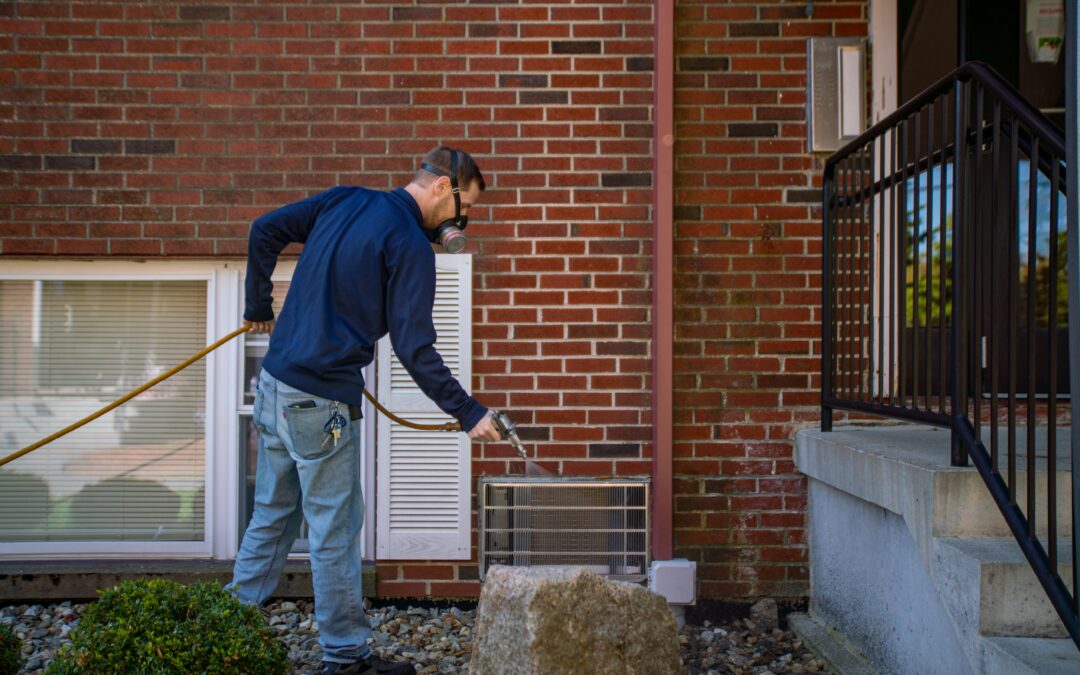Ant traps can be very effective at getting rid of an infestation. On top of that, they are also affordable and easy to use. In this article, we’re going to cover what they are, how they work, and how to use them effectively.
How ant traps work
The name “ant trap” is a bit of a misnomer, because it implies that the ants will be physically trapped inside it. However, ant traps work differently in reality. The ant trap will contain a bait inside that has been laced with a slow-acting insecticide. Ants will be drawn to the bait, and then take it back into their nest, where it will be eaten by many of the members.
So far so good, right? But the actual purpose of that bait is for it to reach the queen. The queen must eat to survive just like any other member of the colony, and all the ants eat from the same supply. They have no food taster to make sure that the queen is safe, so if something is laced with poison, and you have enough of it in the nest, it will eventually reach the queen and then kill it, thus destroying the reproductive capacity of the colony. From there, it doesn’t take long for the colony to die out.
The poison itself will take a few days to kill the ants, and you can expect to destroy the entire colony after several weeks. In terms of bait, you can use sugar, fat or protein-based baits depending on the species.
Selecting the right trap
In order to select the right trap, you will need to know what type of ant you are dealing with. This is important because different species have different diets and preferred foods, so if you want to get it right the first time, you will need to take a good look at the ants in your home. For example, if you are dealing with carpenter ants, you will see black ants in the home, that are larger than your average ant species. For carpenters, you will need protein or sugars. However, if you see small red ants that have a painful bite, you are dealing with fire ants, and you will need bait that is rich in fat. You can use Google to identify the right species and the best bait to use against it.
However, if you are having trouble dealing with your infestation, then you might need the help of a specialist. Contact us today, and we will set up an appointment right away.

